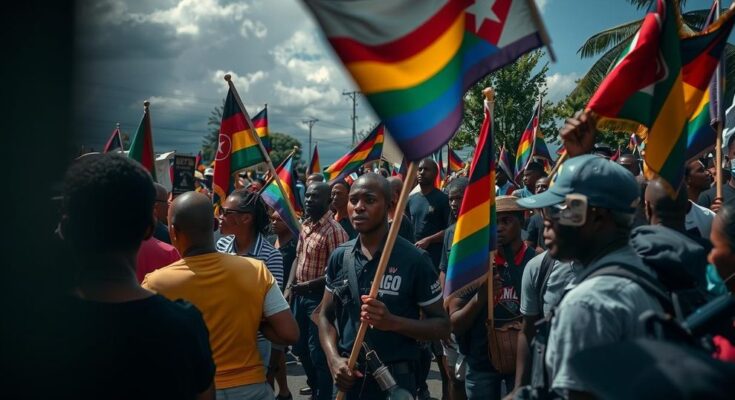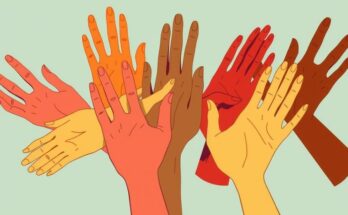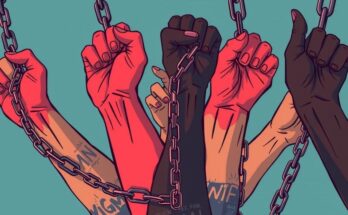Amnesty International urges the Mozambican government to halt its suppression of protests following contested elections that resulted in violence and at least 20 deaths. Demonstrators in Maputo face tear gas as they demand transparency. Allegations of rigged elections by the Frelimo Party have fueled tension, with both Amnesty International and Human Rights Watch advocating for the protection of civil liberties and internet access amidst this turmoil.
In the heart of Mozambique, a storm brews over the recent elections as Amnesty International urges the government to cease its violent repression of dissenters. With over 20 lives reported lost in upheaval since the polls, protesters continue to take to the streets, igniting tire fires and paralyzing the capital, Maputo. Tear gas clouds grip demonstrators while voices rise in defiance against an administration they claim has silenced democracy for too long. Cidia Chissungo of Amnesty International highlights the severity of the situation, noting, “There are cases of people that have already been shot. We cannot confirm how many died this morning.” The atmosphere is thick with uncertainty, as numerous arrests unfold not only in the capital but also in areas like Nyambane province, underscoring the expansive reach of the crackdown. Amidst rubber bullets and chaos, Chissungo passionately calls for respect for civil liberties, stating, “Police should respect people’s right to protest.” The recent presidential elections, resulting in a sweeping victory for the Frelimo Party—now in its 50th year of governance—have sparked cries of foul play from opposition parties and civic entities who allege electoral rigging. Frelimo’s candidate, Daniel Chapo, has been declared the winner with a staggering 70 percent of the vote. These claims of a compromised electoral process have heightened tensions, paving the way for protests and unrest. Allan Ngari, from Human Rights Watch, adds another layer of complexity, calling attention to internet connectivity issues that curtail communication and mobilization efforts. “Sometimes it is working, sometimes it is not working,” he explains, describing the government’s restrictions as a violation of fundamental rights, including freedom of speech and peaceful assembly. As the protests simmer, the South African government has preemptively closed its significant border crossing with Mozambique, advising citizens to reconsider travel plans. As Mozambique grapples with a populace demanding change, the situation remains fluid, with the potential for escalation looming as long as voices continue to challenge systemic injustices. The call for an end to violent crackdowns and respect for human rights echoes louder, urging the authorities to listen before the tide turns into an unmanageable wave.
The recent controversial elections in Mozambique have ignited widespread protests, challenging the legitimacy of the Frelimo Party’s continued grip on power. Human rights organizations assert that the aftermath of the elections has been marred by violence, with reports of deaths and excessive force used against demonstrators. With civil society groups and opposition parties claiming the elections were rigged, the call for transparency and accountability has intensified, leading to clashes between protesters and police. These events stress the need for an environment where citizens can voice their dissent without fear of government repression.
The tumult in Mozambique reflects a critical juncture where citizens demand their voices be heard amidst an oppressive regime. The calls from Amnesty International and Human Rights Watch amplify the urgent need for the government to reconcile with its people by respecting their rights to protest and speak out against injustices. As the situation unfolds with rising tensions, it is a reminder of the power of collective voices in the face of tyranny—an essential battle for the soul of Mozambique.
Original Source: www.voanews.com



